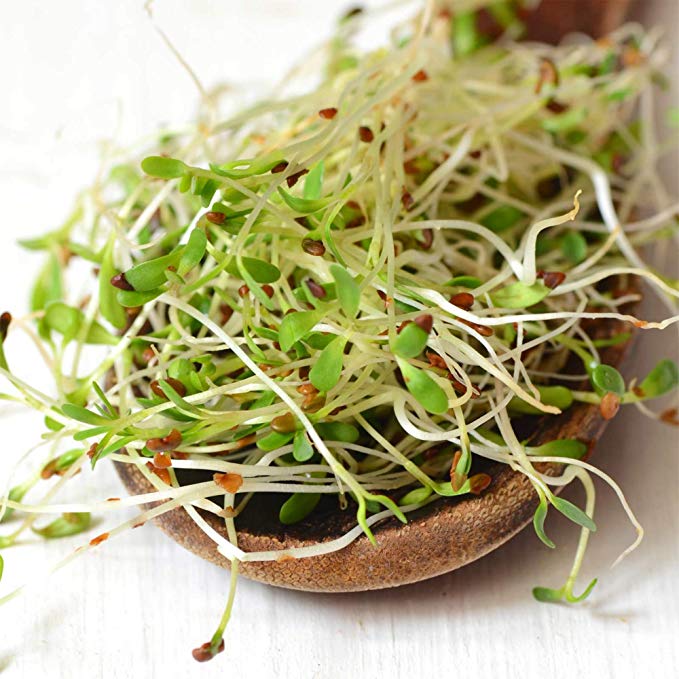A review article in the International Journal of Food Microbiology (Vol 352, Aug 2021) explores the bacteriological safety of sprouts. Sprout consumption was associated with more than 60 outbreaks of foodborne illness worldwide since 1988. The most common pathogens found were Salmonella and pathogenic Escherichia coli (especially STEC). The germination process causes changes in the chemical composition of seeds that improve the nutritional value of sprouts while decreasing their microbiological safety. The germination conditions are ideal for bacterial growth as well. The implementation of good agricultural practices is an essential tool for producing high-quality seeds. Several methods of seed decontamination are used commercially or have been investigated by researchers in the post-harvest stage. After germination, seedlings should be kept under refrigeration and, if possible, cooked before consumption. Finally, microbiological analyses should be performed at all stages to monitor the hygiene of the sprout production process. @ https://www.sciencedirect.com/science/article/abs/pii/S0168160521002257
A review of the bacteriological safety of sprouts
Bacteriological safety of sprouts: A brief review
The germination process causes changes in the chemical composition of seeds that improves the nutritional value of sprouts, while decreasing their micâ¦
No comments


